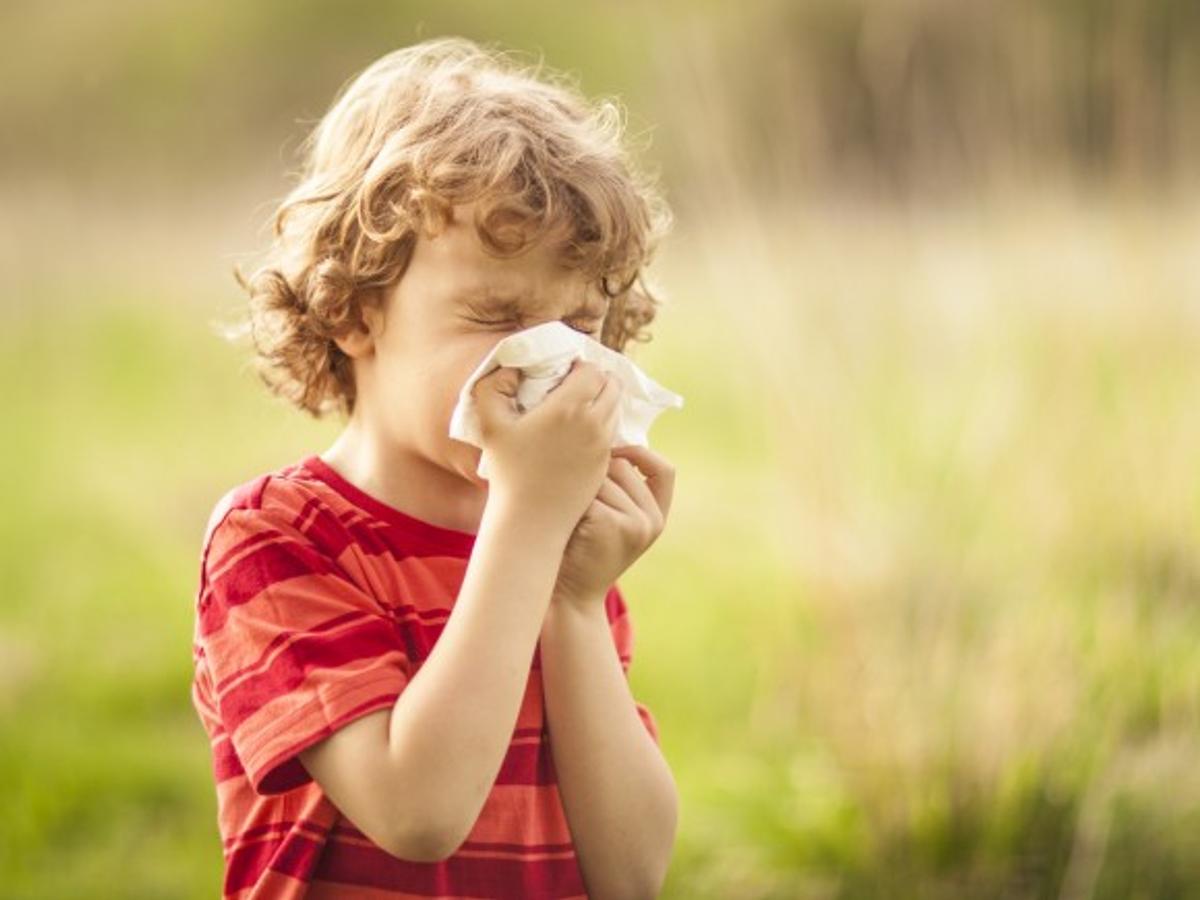Health

Hay Fever
Hay fever (allergic rhinitis) is the most common allergic disorder in Australia. It can be caused by pollen, dust mites, moulds, and animal hair. Hay fever can significantly impact sleep, concentration, learning, and daily function, but once diagnosed, it can be effectively managed.
Signs and symptoms include
- Runny and itchy nose
- Congested nose
- Itchy and watery eyes
- Sneezing
- Snoring and sleep disturbances
- Day time tiredness
- Headaches
- Recurrent ear infections in children
- Recurrent sinus infections in adults
- Asthma can be more difficult to manage
Can hay fever be prevented?
- Staying indoors when possible, during pollen season, on windy days, or after thunderstorms.
- Avoid activities known to cause exposure to pollen, such as mowing grass.
- Shower after activities where you may have had a high exposure to pollen.
- Use re-circulated air in your car when pollen levels are high.
How is hay fever treated?
- Treatment options include saline nasal sprays, corticosteroid sprays and non-sedating antihistamines.
- If symptoms persist or affect your day-to-day activities, discuss treatment options with your GP. A referral to an immunology specialist may be required for further assessment.
Judy Buckley
College Nurse

